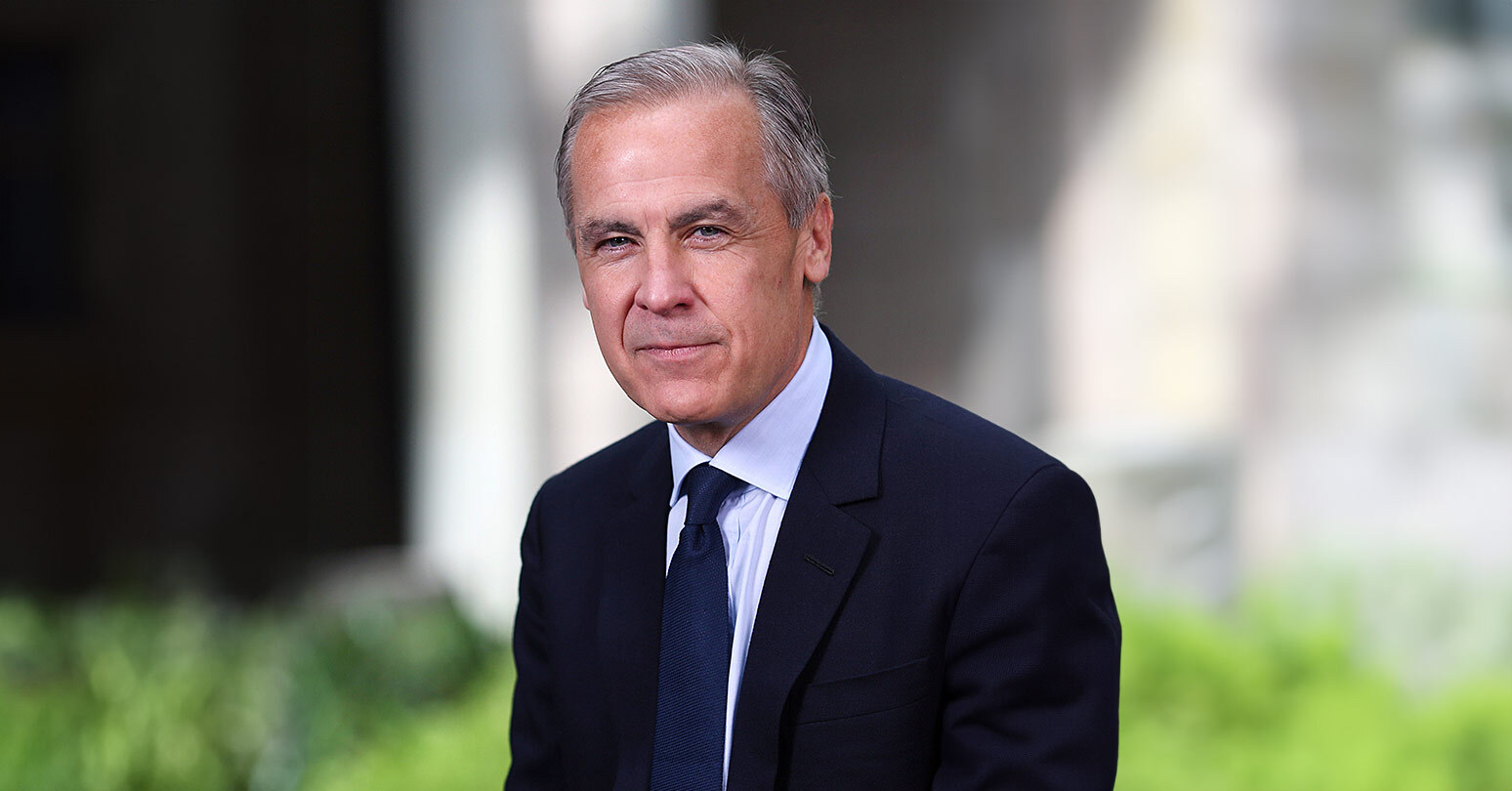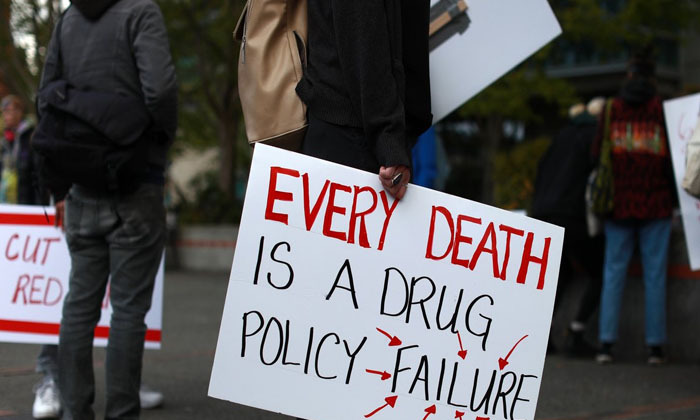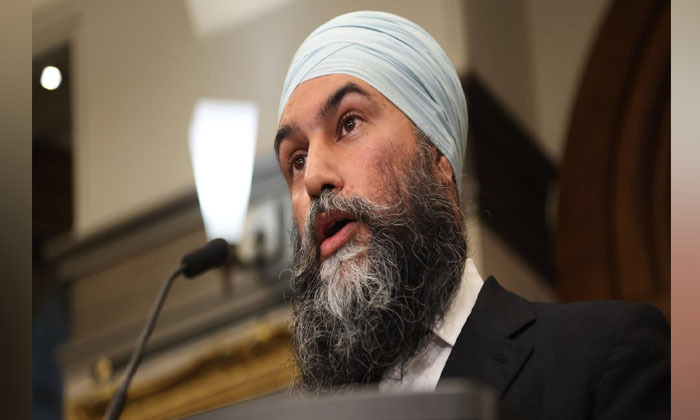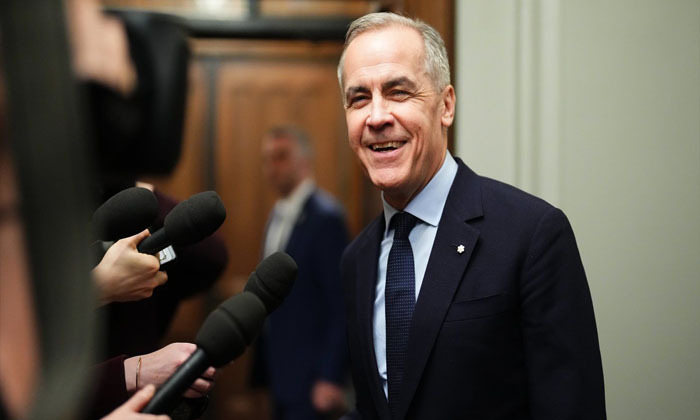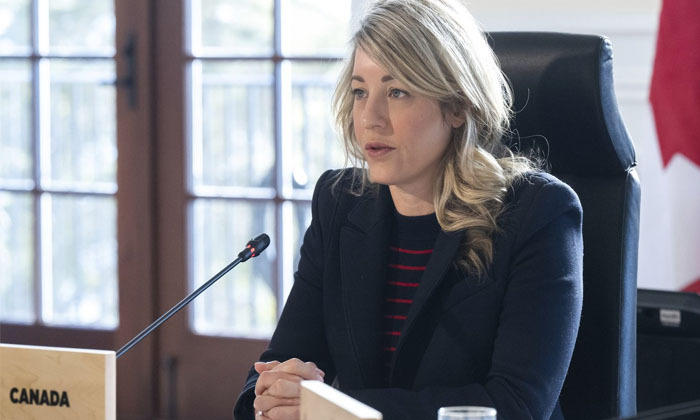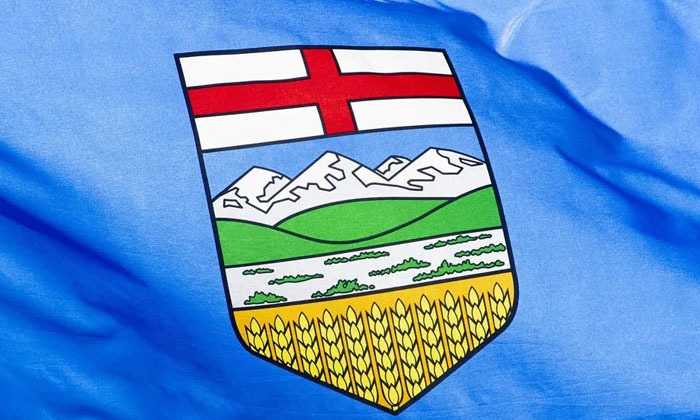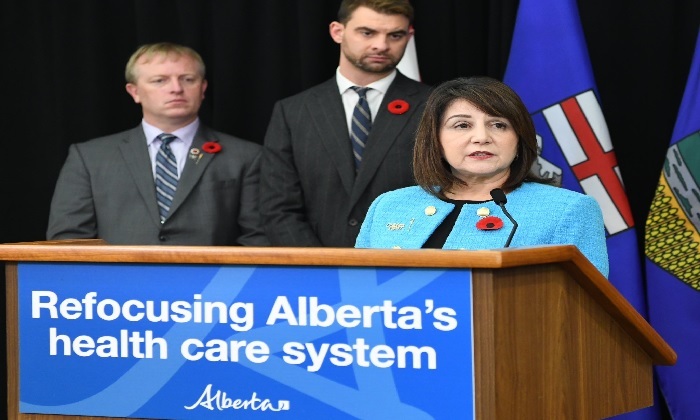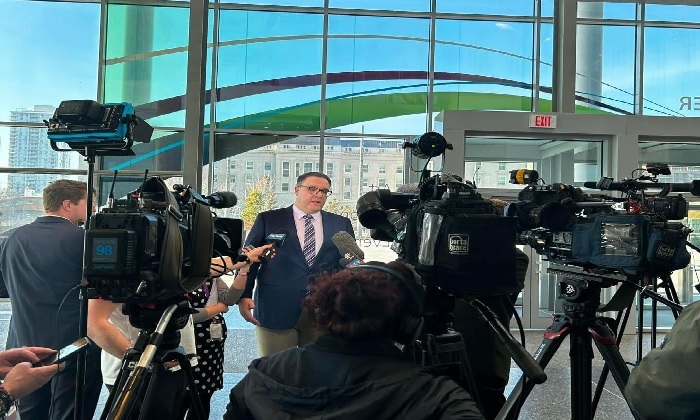101.7 FM
88.1HD2
 8.85 c
8.85 c101.7 FM
88.1HD2
Now it is difficult to earn money in Alberta
BY Connect Newsroom, Apr 11, 2024 8:03 PM - REPORT AN ERROR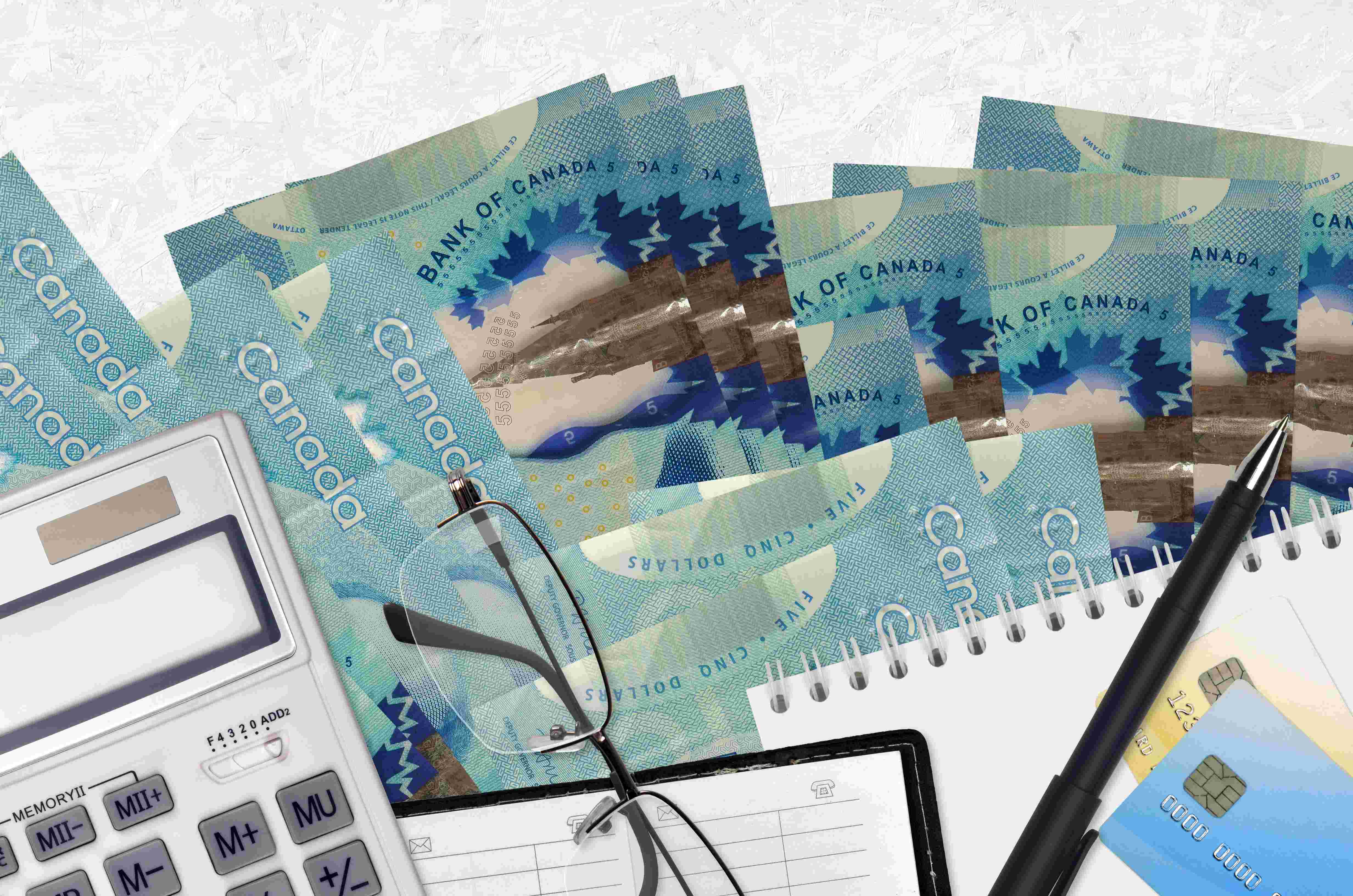
That means one of Canada's wealthiest provinces is falling behind. Alberta now has the second-lowest minimum wage in the country. Saskatchewan remains at the bottom, at $14 an hour.
When Alberta hiked the province's minimum wage to $15 an hour in the fall of 2018, it was the highest rate in the country.
But nearly six years and a pandemic later, the minimum wage hasn't budged even as Albertans face the highest inflation rate in Canada.
Most provinces and territories are increasing their minimum wage this year, and those that aren't just raised theirs in 2023.
That means one of Canada's wealthiest provinces is falling behind. Alberta now has the second-lowest minimum wage in the country. Saskatchewan remains at the bottom, at $14 an hour.
Meaghon Reid, executive director of poverty reduction organization Vibrant Communities Calgary, said it's a far cry from Calgary's living wage, which sits at $23.70 and is calculated by the Alberta Living Wage Network.
Reid said she's been watching how other provinces have adjusted their wages to keep pace with the rising cost of living.
For example, Ontario's minimum wage is adjusting to inflation to $17.20 in October, while British Columbia's is increasing to $17.40 in June based on the consumer price index. The federal minimum wage rose to $17.30 on April 1.
Share on
Related News
Sign up for the newsletter
We'll deliver best of entertainment right into your inboxWe love to hear from our listeners, so feel free to send us message



